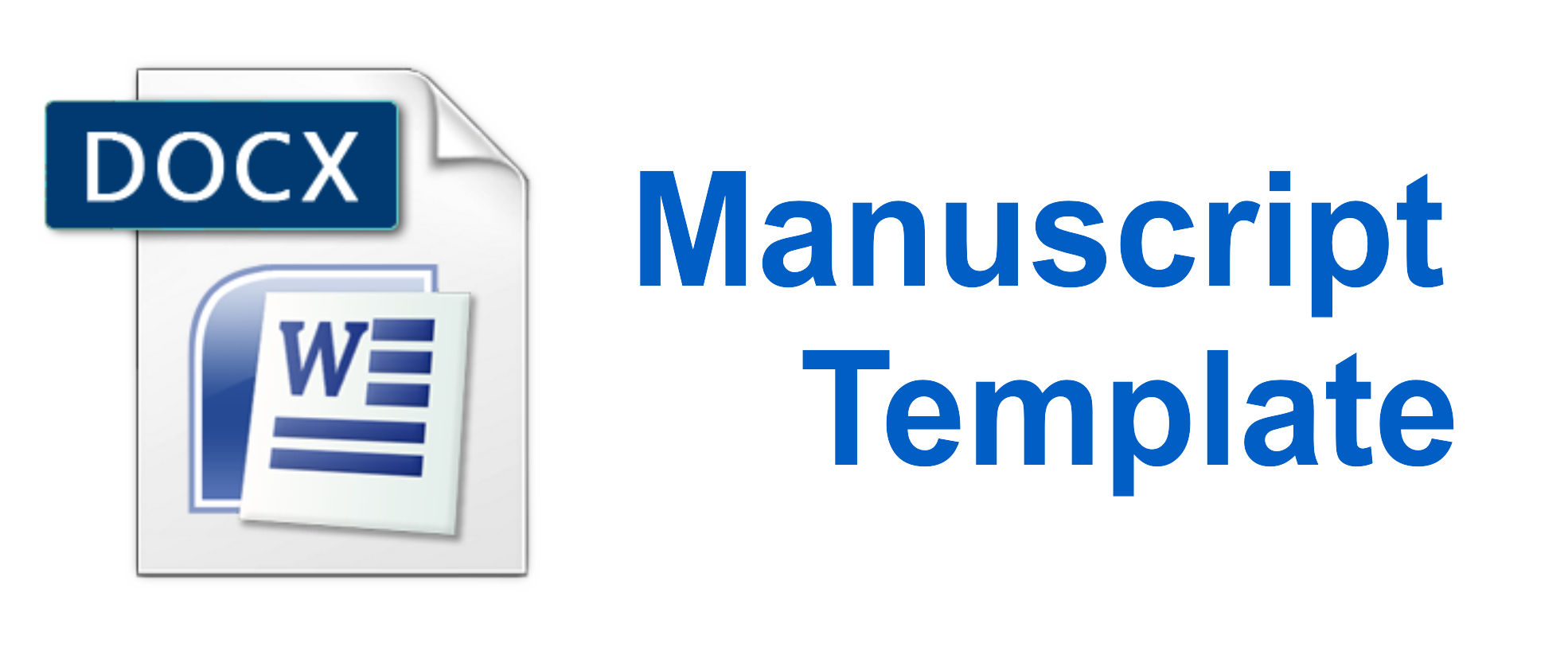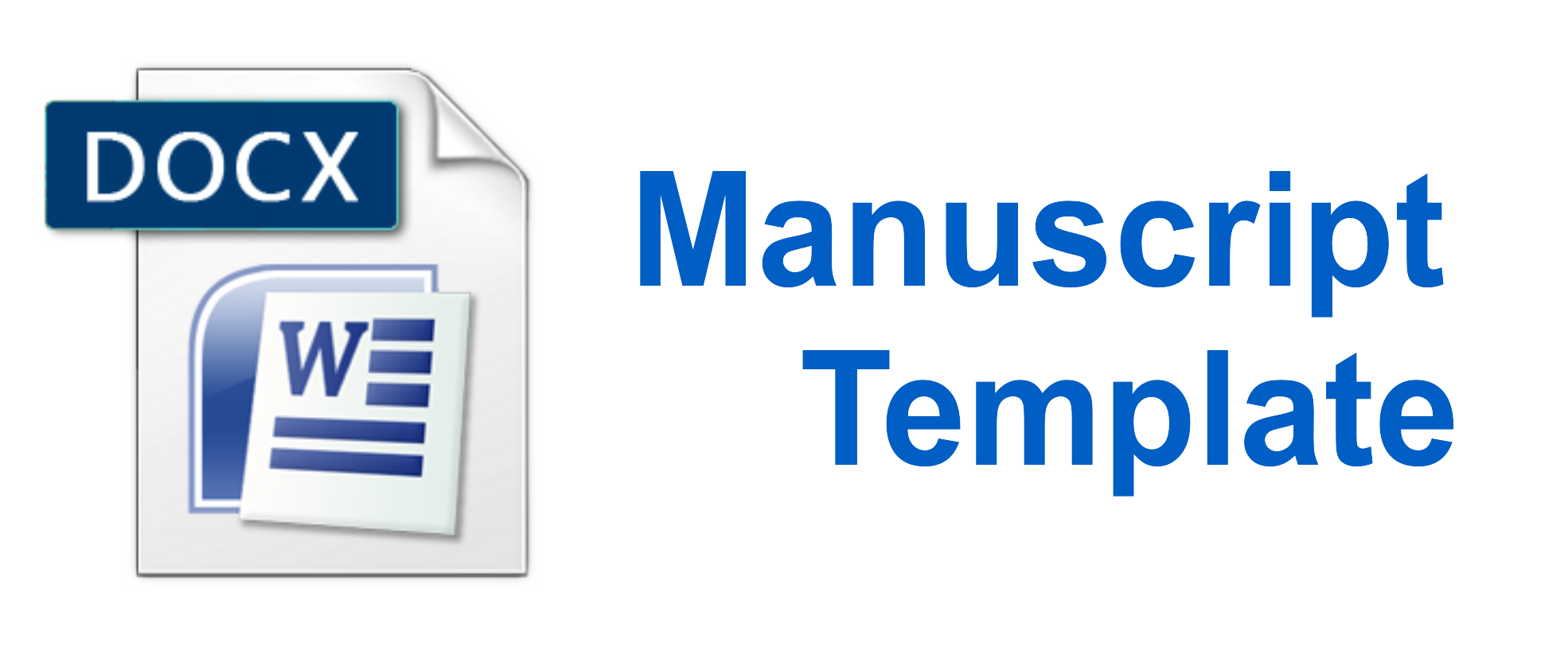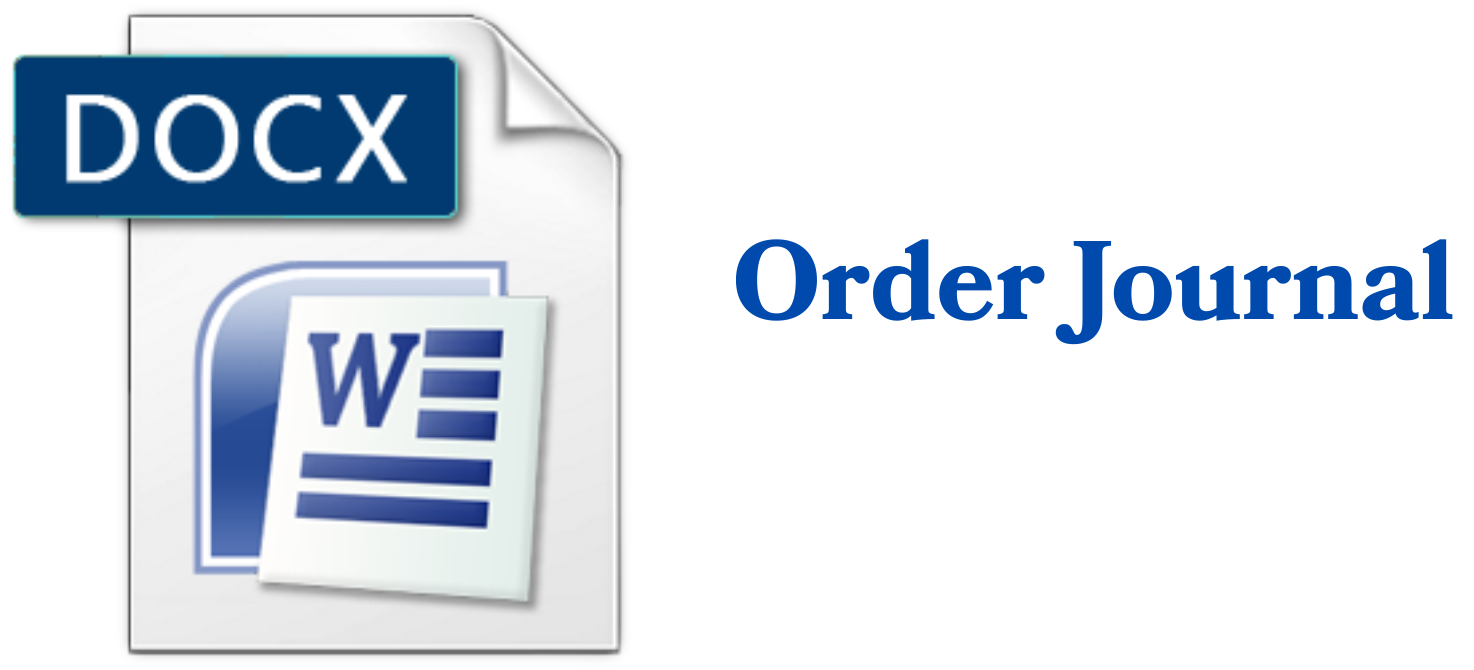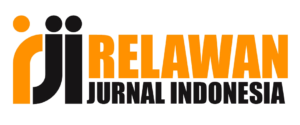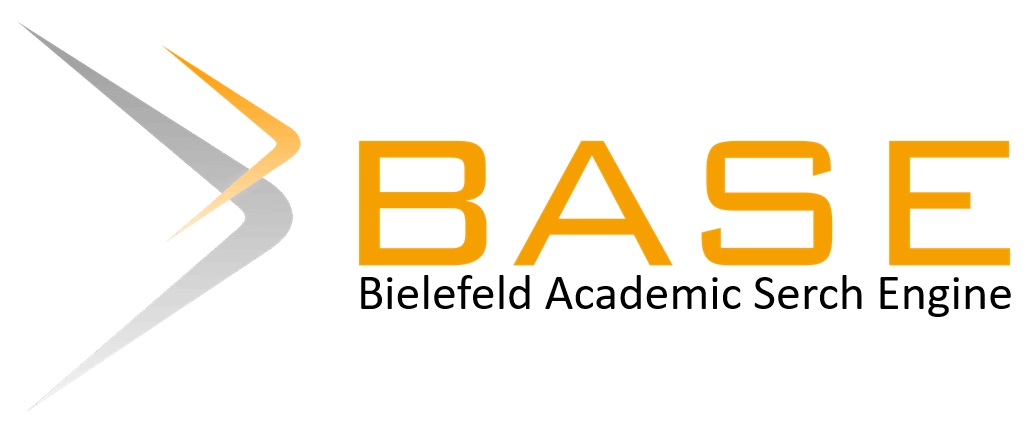PERSPEKTIF JHON PAULO FREIRE DAN KI HADJAR DEWANTARA TERHADAP INTEGRASI INTELEKTUALITAS DAN MORALITAS PESERTA DIDIK DALAM MENYADARI KEMAJEMUKAN DI INDONESIA
DOI:
https://doi.org/10.35316/edupedia.v2i2.333Keywords:
Integralisasi, Pendidikan, Kemajemukan, Peserta Didik.Abstract
The real purpose of education is humanizing human beings. The most prominent thing in humanity is diversity, plurality or multiculturality. Indonesia is a country consisting of a plural society. This should be realized by all individuals in this nusantara society. Providing awareness of the existence of mulitikulturalitas or pluralism can be pursued in the educational process. For the sake of this interest, then in the educational process there must be some kind of integralization effort between forming the intellect and morality of learners. The function of integralization of moral and intellectual education is to know more about diversity then combine with knowledge and practice with morality then achieve the purposes of national education. The conclusions or findings of Freire’s and Ki Hadjar Dewantara’s analysis approach are the absence of differences in the educational portion, the absence of social classes as the limits of education, and the educator has a role as teacher not only as a facilitator but also as a identifierin diversity and be honest about the history, there is a link between learners and educators, mutual understanding, learners receive teaching, and educators learn to understand learners, and this function is summarized in education for freedom and ing ngarsho sung tuladha, ing madyo mangun karsha, tut wur handayani.
Additional Files
Published
How to Cite
Issue
Section
License
Edupedia: Jurnal Studi Pendidikan dan Pedagogi Islam adopts the Creative Commons Attribution–ShareAlike 4.0 International License, which allows users to reproduce, modify, and distribute published articles in any medium for lawful purposes, provided that appropriate attribution is given to the original author(s) and the journal, the license is properly cited, any changes are clearly indicated, and derivative works are distributed under identical licensing terms.
Upon publication in Jurnal Kesehatan Vokasional, authors confer to third parties the rights to use their articles in compliance with the Creative Commons Attribution–ShareAlike 4.0 International License.
Copyright on articles is retained by the respective author(s), without restrictions. A non-exclusive license is granted to Edupedia: Jurnal Studi Pendidikan dan Pedagogi Islam to publish the article and identify itself as its original publisher, along with the commercial right to include the article in a hardcopy issue for sale to libraries and individuals.
![]()



